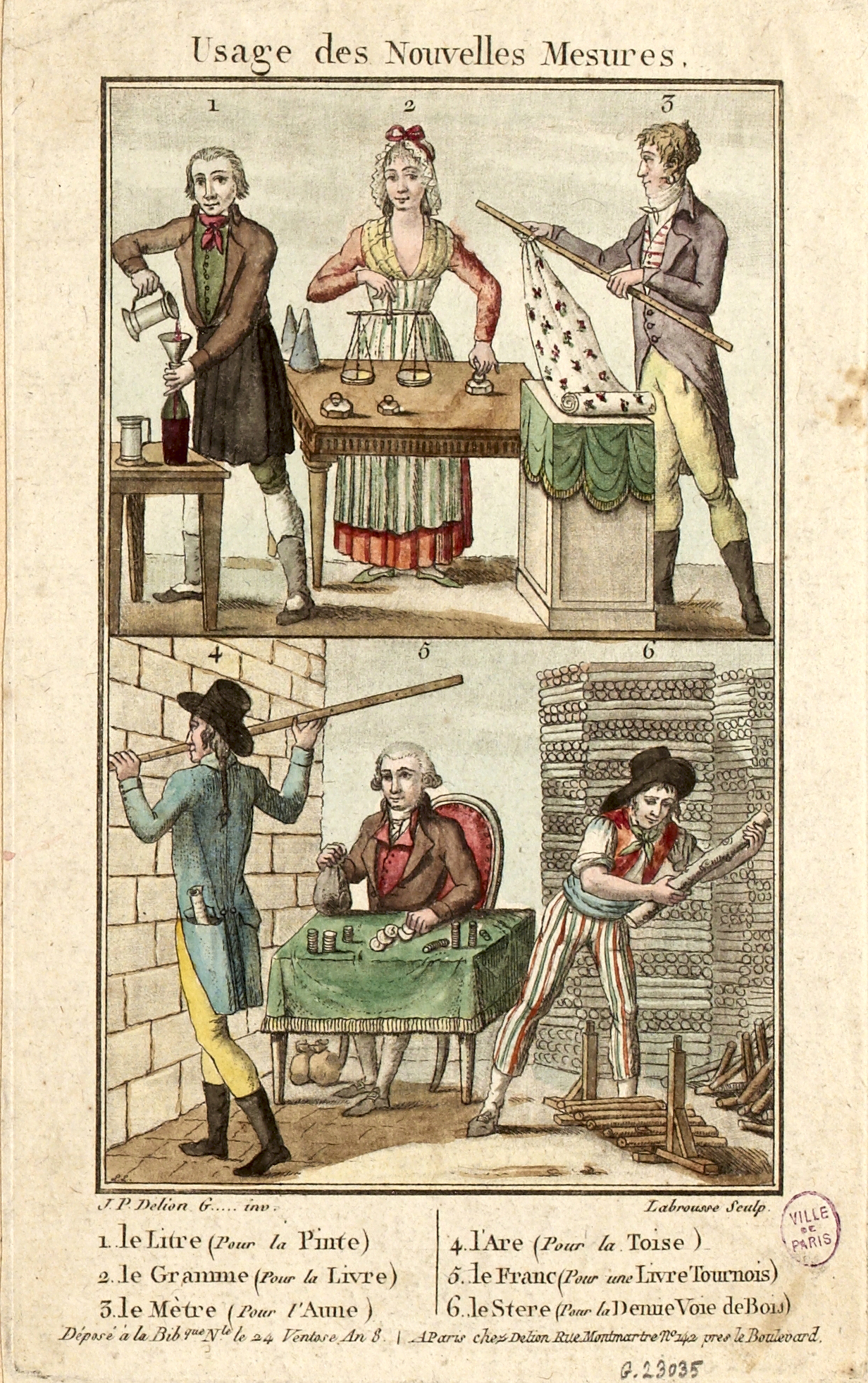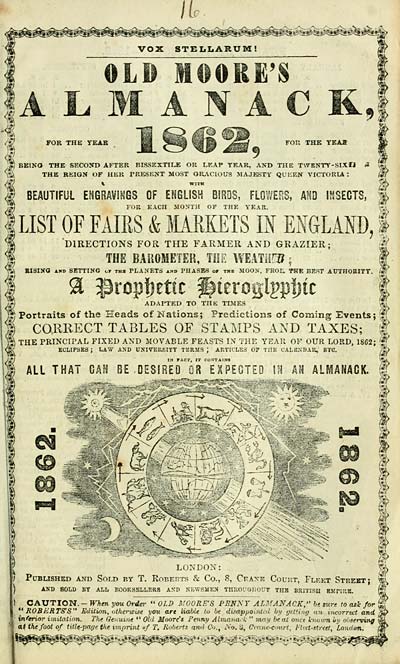|
Vergée
A vergée (, alternative spellings vergie, vrégie) is a unit of land area, a quarter of the old French ''arpent''. The term derives from Latin ''virga'' (rod). Compare French language, French ''verge'' (yard). In the Channel Islands, it is a standard measure of land, but the statutory definition differs between the bailiwicks. *In France, a vergée was 12,100 square Paris feet (1,276.8 m2), equal to 25 square perches. The surveying perch measured 22 French feet. *In French North America, it was also equal to 25 square perches, but the royal perch of 18 feet was used, yielding a ''vergée'' of 8100 square feet (854.7 m2) *In Guernsey, a vergée (Guernésiais: vergie) is 17,640 square feet (1,639 m2). It is 40 (square) Guernsey perches. A Guernsey perch (also spelt perque) is 21 feet by 21 feet. *In Jersey, a vergée (Jèrriais: vrégie) is 19,360 square feet (1,798.6 m2). It is 40 (square) Jersey perches. A Jersey perch (also spelt pèrque) is a square 24 ''pied de perche'' ... [...More Info...] [...Related Items...] OR: [Wikipedia] [Google] [Baidu] |
Units Of Measurement In France Before The French Revolution
The traditional French units of measurement prior to metrication were established under Charlemagne during the Carolingian Renaissance. Based on contemporary Byzantine units of measurement, Byzantine and Ancient Roman units of measurement, ancient Roman measures, the system established some consistency across Carolingian Empire, his empire but, after his death, the empire fragmented and subsequent rulers and various localities introduced their own variants. Some of Charlemagne's units, such as the king's foot () remained virtually unchanged for about a thousand years, while others important to commercesuch as the French ell () used for cloth and the French pound () used for amountsvaried dramatically from locality to locality. By the 18th century, the number of units of measure had grown to the extent that it was almost impossible to keep track of them and one of the major legacies of the French Revolution was the dramatic rationalization of measures as the new metric system. The ... [...More Info...] [...Related Items...] OR: [Wikipedia] [Google] [Baidu] |
Jersey
Jersey ( ; ), officially the Bailiwick of Jersey, is an autonomous and self-governing island territory of the British Islands. Although as a British Crown Dependency it is not a sovereign state, it has its own distinguishing civil and government institutions, so qualifies as a small nation or island country. Located in Northwestern Europe, off the coast of north-west France, it is the largest of the Channel Islands and is from Normandy's Cotentin Peninsula. The Bailiwick consists of the main island of Jersey and some surrounding uninhabited islands and rocks including Les Dirouilles, Les Écréhous, Les Minquiers, and Les Pierres de Lecq. Jersey was part of the Duchy of Normandy, whose dukes became kings of England from 1066. After Normandy was lost by the kings of England in the 13th century, and the ducal title surrendered to France, Jersey remained loyal to the English Crown, though it never became part of the Kingdom of England. At the end of the Napoleonic ... [...More Info...] [...Related Items...] OR: [Wikipedia] [Google] [Baidu] |
Almanach Nouvelle Chronique De Jersey 1891 Vergees Acres Conversion Table
An almanac (also spelled almanack and almanach) is a regularly published listing of a set of current information about one or multiple subjects. It includes information like weather forecasts, farmers' planting dates, tide tables, and other tabular data often arranged according to the calendar. Celestial figures and various statistics are found in almanacs, such as the rising and setting times of the Sun and Moon, dates of eclipses, hours of high and low tides, and religious festivals. The set of events noted in an almanac may be tailored for a specific group of readers, such as farmers, sailors, or astronomers. Name The etymology of the word is unclear. The earliest documented use of the word in something like its current sense is in Latin in 1267. Roger Bacon used it to mean a set of tables detailing movements of heavenly bodies including the Moon. It has been suggested that the word ''almanac'' derives from a Greek word meaning ''calendar''. However, that word appears ... [...More Info...] [...Related Items...] OR: [Wikipedia] [Google] [Baidu] |
Guernésiais
Guernésiais (), also known as Guerneseyese, ''Dgèrnésiais'', Guernsey French, and Guernsey Norman French, is the variety of the Norman language spoken in Guernsey. It is sometimes known on the island simply as "patois". As one of the langues d'oïl, it has its roots in Latin, but has had strong influence from both Old Norse and English language, English at different points in its history. There is mutual intelligibility (with some difficulty) with Jèrriais speakers from Jersey and Continental Norman speakers from Normandy. Guernésiais most closely resembles the Norman dialect of Cotentinais spoken in La Hague in the Cotentin Peninsula of France. Guernésiais has been influenced less by Standard French than Jèrriais, but conversely more so by English language, English. New words have been imported for modern phenomena: e.g. and . There is a rich tradition of poetry in the Guernsey language. Guernsey songs were inspired by the sea, by colourful figures of speech, by traditi ... [...More Info...] [...Related Items...] OR: [Wikipedia] [Google] [Baidu] |
Customary Units Of Measurement
Custom, customary, or consuetudinary may refer to: Traditions, laws, and religion * Convention (norm), a set of agreed, stipulated or generally accepted rules, norms, standards or criteria, often taking the form of a custom * Mores, what is widely observed in a particular culture, considered to be practiced by persons of good moral character * Social norm, a rule that is socially enforced * Tradition * Customary law or consuetudinary, laws and regulations established by common practice * Customary (liturgy) or consuetudinary, a Christian liturgical book describing the adaptation of rites and rules for a particular context * Custom (Catholic canon law), an unwritten law established by repeated practice * Customary international law, an aspect of international law involving the principle of custom * Minhag (pl. minhagim), Jewish customs * ʿUrf (Arabic: العرف), the customs of a given society or culture Import and export * Customs, a tariff on imported or exported goods * ... [...More Info...] [...Related Items...] OR: [Wikipedia] [Google] [Baidu] |
Virgate
The virgate, yardland, or yard of land ( was an English unit of land. Primarily a measure of tax assessment rather than area, the virgate was usually (but not always) reckoned as hide and notionally (but seldom exactly) equal to 30 acres. It was equivalent to two of the Danelaw's oxgangs. __NOTOC__ Name The name derives from the Old English ' ("yard of land"), from “yard's” former meaning as a measuring stick employed in reckoning acres (cf. rod). The word is etymologically unrelated to the yard of land around a dwelling. "Virgate" is a much later retronym, anglicizing the yardland's latinized form ''virgāta'' after the advent of the yard rendered the original name ambiguous. History The virgate was reckoned as the amount of land that a team of two oxen could plough in a single annual season. It was equivalent to a quarter of a hide, so was nominally thirty acres. In some parts of England, it was divided into four nooks (; ). Nooks were occasionally furthe ... [...More Info...] [...Related Items...] OR: [Wikipedia] [Google] [Baidu] |
Don Jeanne Gruchy Sainte Mathie Jèrri
Don, don or DON and variants may refer to: Places *Don (river), a river in European Russia *Don River (other), several other rivers with the name * Don, Benin, a town in Benin * Don, Dang, a village and hill station in Dang district, Gujarat, India * Don, Nord, a ''commune'' of the Nord ''département'' in northern France *Don, Tasmania, a small village on the Don River, located just outside Devonport, Tasmania *Don, Trentino, a commune in Trentino, Italy *Don, West Virginia, a community in the United States * Don Republic, a temporary state in 1918–1920 *Don Jail, a jail in Toronto, Canada *DON, Chapman code for County Donegal, Ireland People and characters Role or title *Don (honorific), a Spanish, Portuguese, and Italian title, given as a mark of respect *Don (academia), a fellow or tutor of a college or university in the U.K. and elsewhere *Don, a crime boss, especially in the Mafia People with the name *Don (given name), a short form of the masculine given name D ... [...More Info...] [...Related Items...] OR: [Wikipedia] [Google] [Baidu] |
Jèrriais
( ; also known as the Jersey language, Jersey French and Jersey Norman French in English) is a Romance languages, Romance language and the traditional language of the Jersey people. It is a form of the Norman language spoken in Jersey, an island in the Channel Islands archipelago off the coast of France. Its closest relatives are the other Norman languages, such as , spoken in neighbouring Guernsey, and the other . Use of has been in decline over the past century, as English language, English has increasingly become the language of education, commerce and administration on Jersey. There are very few people who speak Jèrriais as a mother tongue and, owing to the age of the remaining speakers, their numbers decrease annually. Despite this, efforts are being made to keep the language alive. The language of Sark, Sercquiais, is a descendant of the Jèrriais brought by the Jersey colonists who settled Sark in the 16th century, with mutual intelligibility with the Norman language ... [...More Info...] [...Related Items...] OR: [Wikipedia] [Google] [Baidu] |
Guernsey
Guernsey ( ; Guernésiais: ''Guernési''; ) is the second-largest island in the Channel Islands, located west of the Cotentin Peninsula, Normandy. It is the largest island in the Bailiwick of Guernsey, which includes five other inhabited islands – Alderney, Herm, Jethou, Lihou and Sark – and many small islets and rocks. The bailiwick has a population of 63,950, the vast majority of whom live on Guernsey, and the island has a land area of . Guernsey was part of the Duchy of Normandy until 1204, when the Channel Islands remained loyal to the English crown, splitting from mainland Normandy. In 1290, the Channel Islands were divided administratively and Guernsey became part of the Bailiwick of Guernsey. During the World War II, Second World War, Guernsey was invaded and occupied by Nazi Germany. After five years of occupation, the island was liberated on 9 May 1945, that date being celebrated annually as Liberation Day. Guernsey is administered as part of the Bailiwick of Gu ... [...More Info...] [...Related Items...] OR: [Wikipedia] [Google] [Baidu] |
Arpent
An arpent (, sometimes called arpen) is a unit of length and a unit of area. It is a pre-metric French unit based on the Roman ''actus''. It is used in Quebec, some areas of the United States that were part of French Louisiana, and in Mauritius and the Seychelles. Etymology The word ''arpent'' is believed to derive from the Late Latin ''arepennis'' (equal to half a '' jugerum''), which in turn comes from the Gaulish *''are-penno''- ("end, extremity of a field"). Unit of length There were various standard arpents. The most common were the arpent used in North America, which was defined as 180 French feet (', of approximately ), and the arpent used in Paris, which was defined as 220 French feet. * In North America, 1 arpent = 180 French feet = about 192 English feet = about 58.47 metres * In Paris, 1 arpent = 220 French feet = about 234 English feet = about 71.46 metres Unit of area Historically, in North America, 1 (square) arpent ('), also known as a French acre, was 180 ... [...More Info...] [...Related Items...] OR: [Wikipedia] [Google] [Baidu] |
French North America
New France (, ) was the territory colonized by France in North America, beginning with the exploration of the Gulf of Saint Lawrence by Jacques Cartier in 1534 and ending with the cession of New France to Great Britain and Spain in 1763 under the Treaty of Paris. A vast viceroyalty, New France consisted of five colonies at its peak in 1712, each with its own administration: Canada, the most developed colony, which was divided into the districts of Quebec (around what is now called Quebec City), Trois-Rivières, and Montreal; Hudson Bay; Acadia in the northeast; Terre-Neuve on the island of Newfoundland; and Louisiana. It extended from Newfoundland to the Canadian Prairies and from Hudson Bay to the Gulf of Mexico, including all the Great Lakes of North America. The continent-traversing Saint Lawrence and Mississippi rivers were means of carrying French influence through much of North America. In the 16th century, the lands were used primarily to extract natural resources, s ... [...More Info...] [...Related Items...] OR: [Wikipedia] [Google] [Baidu] |
Surveying
Surveying or land surveying is the technique, profession, art, and science of determining the land, terrestrial Plane (mathematics), two-dimensional or Three-dimensional space#In Euclidean geometry, three-dimensional positions of Point (geometry), points and the Euclidean distance, distances and angles between them. These points are usually on the surface of the Earth, and they are often used to establish maps and boundaries for ownership, locations, such as the designated positions of structural components for construction or the surface location of subsurface features, or other purposes required by government or civil law, such as property sales. A professional in land surveying is called a land surveyor. Surveyors work with elements of geodesy, geometry, trigonometry, regression analysis, physics, engineering, metrology, programming languages, and the law. They use equipment, such as total stations, robotic total stations, theodolites, Satellite navigation, GNSS receivers, ... [...More Info...] [...Related Items...] OR: [Wikipedia] [Google] [Baidu] |






